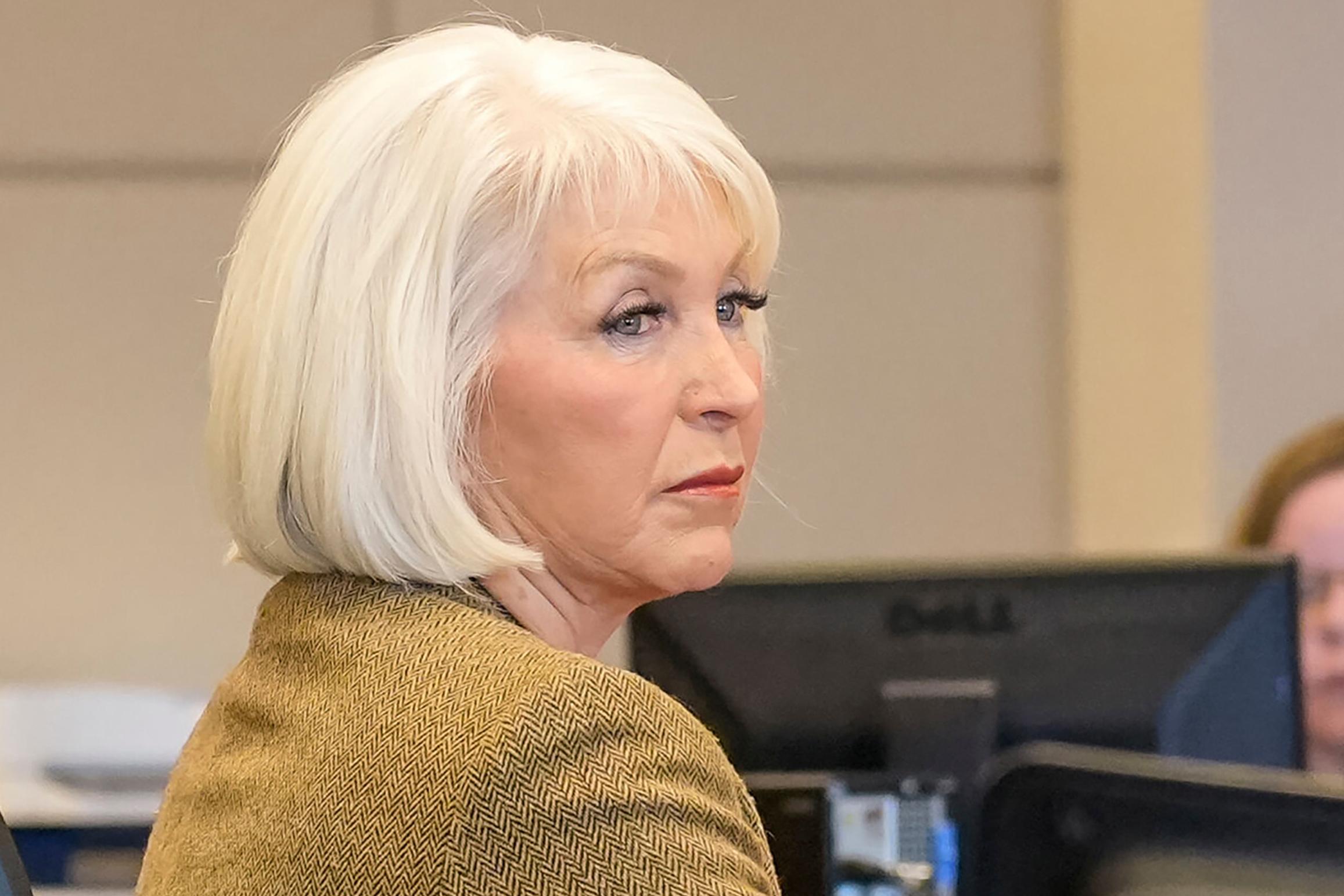
The organization that represents legislative aides at the state capitol is asking for a roughly 30 percent pay increase.
That’s a big increase over the nearly 7 percent increase legislative leaders already signed off on; that’s included in a funding bill currently working its way through the legislature.
The aides are seeking $30 an hour, up from the current hourly wage of $23. Their union, the Political Workers Guild of Colorado, says Democratic leaders have refused to engage with the group on its push for a living wage for staff, and that discussions have stalled. Democratic leaders dispute that assertion and say negotiations and conversations have been ongoing.
Legislative aides are a key part of life under Colorado’s gold dome. Each lawmaker is designated one senior and one junior aide, whose responsibilities range from performing administrative duties and managing lawmakers’ offices, to interacting with constituents and working on policy in an often high pressure environment.
In a letter to the guild, Democratic leaders said they are committed to working to ensure aides are supported and have professional development opportunities and a fruitful experience. But they declined to meet with the Political Workers Guild on the pay issue, saying that an hourly wage increase of 6.8 percent was sufficient.
“We feel that this increase is appropriate given the day-to-day duties and broad expectations from our members of the legislative aide position and is in alignment with comparable jobs in state government, namely administrative assistants,” states the letter from Speaker of the House Julie McCluskie, Senate President Steve Fenberg, and Majority Leaders Monica Duran and Robert Rodriguez. It was sent March 8 and provided to CPR News by House staff.
Democratic leaders noted that pay for aides has increased 53.5 percent since 2021, and they now have benefits such as health insurance, paid holidays during the legislative session, an RTD EcoPass for each office, and professional name badges, among other things.
Legislative leaders said in the letter that they have been following a structured plan of annual increases over the last few years, in order to put the position on a sustainable path forward, “instead of continuing arbitrary one-off increases each year.”
Fenberg told members of the media that aides have seen a pretty sizable increase in pay and benefits in the last few years. He pointed out that not long ago the position paid just $12 an hour.
Currently aides can earn a maximum of $41,400 each year. The pay bump they’re seeking would push their salaries above what lawmakers are currently paid (although lawmakers often collect more thanks to the per diem for work on official business outside of session). Aides said the increase would lead to a more capable and experienced workforce with less turnover.
“Making this investment will be a sizable commitment towards continuing to build sustained expertise, experience and integrity within the Legislature,” said the Political Workers Guild.
Twenty-five Democratic lawmakers signed a letter of support that was distributed by the guild, asking Democratic leadership to continue negotiations with aides, calling it a matter of equity.
“Legislative aides do not receive a living wage, creating an environment that benefits those with socioeconomic privilege (i.e., generational wealth, parental/familial, or partner funded support) and simultaneously exploits the labor of individuals without that privilege,” states the letter of support from lawmakers.
But Fenberg said he’s confused about the request from some of his Democratic colleagues since the pay structure is part of the legislative appropriation bill, which cleared the House with bipartisan support and had no Democratic opposition. It’s still awaiting a final vote in the Senate.
Meanwhile Democratic Rep. David Ortiz of Littleton, who did not sign onto the aide letter, said it missed the mark in one key area: accessibility. He said it was more than disappointing that aides didn’t include requests to try to expand access to the job to those living with disabilities.
“To my knowledge, my office is the ONLY office that has included team members that live life with a disability that requires the use of a mobility device that requires basic access. We have yet to include staff or interns that are deaf, blind, or require the use of a power chair,” said Ortiz. He’s the first state lawmaker to use a wheelchair.
“Adequate parking accommodations will be critical to ensure that all staff members can access the workplace efficiently and without barriers, namely by providing ample accessible parking spots,” he added that he would be advocating in his own way for a living wage and basic access.









